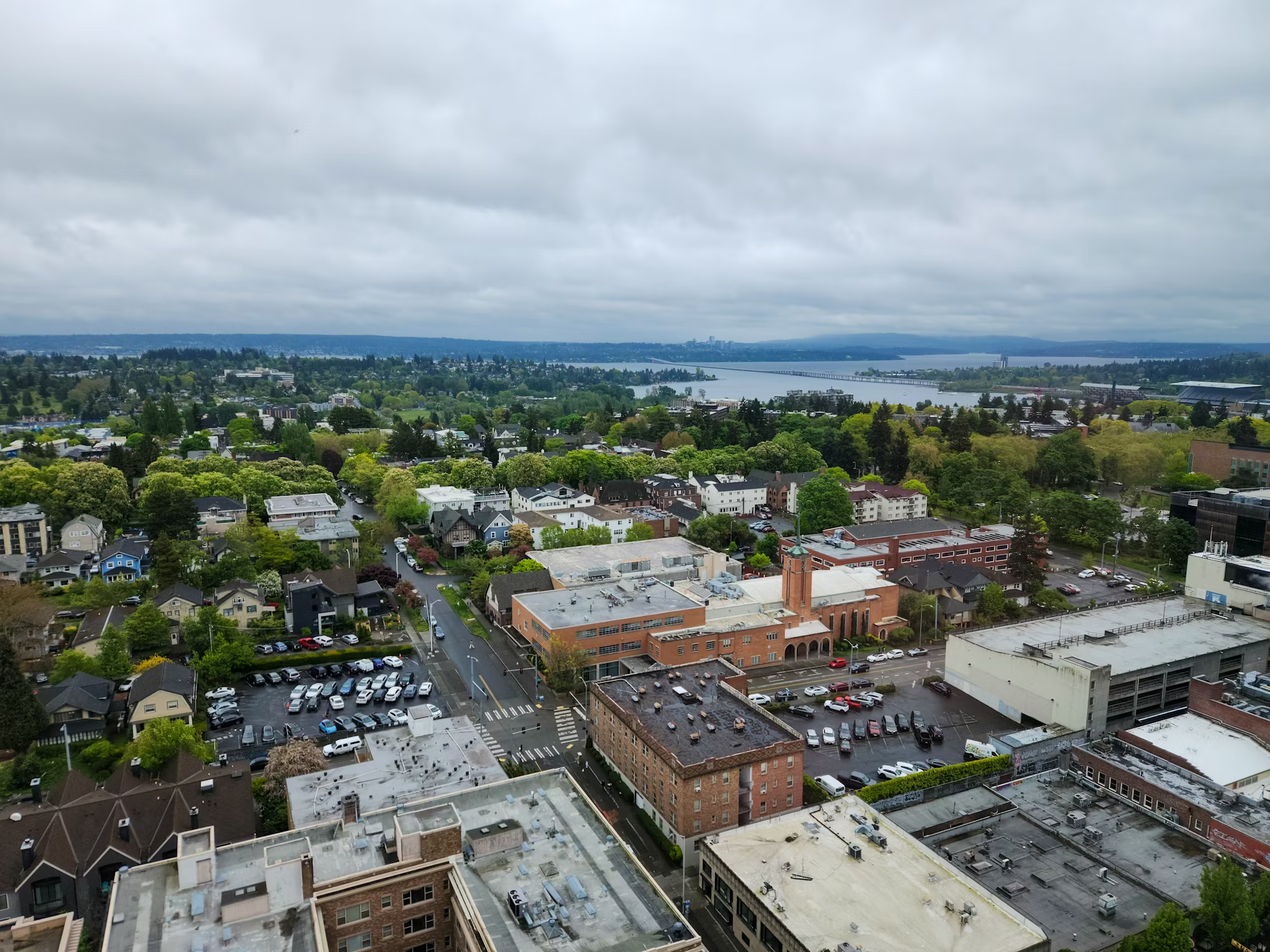In an increasingly interconnected world, the concept of global citizenship has gained significant traction. Higher education institutions play a vital role in cultivating this sense of global citizenship among students, preparing them to navigate complex global challenges and embrace cultural diversity. This article delves into the ways in which universities foster global citizenship through educational programs, community engagement, and international collaboration. At the heart of global citizenship lies the understanding that individuals are part of a broader community that transcends national boundaries. Higher education institutions have a unique opportunity to instill this awareness in students by providing them with a diverse and inclusive learning environment. Exposure to different cultures, languages, and perspectives fosters empathy and understanding, essential qualities for global citizens. Universities often offer programs that encourage students to engage with diverse communities, both locally and internationally. These experiences broaden students’ horizons, enabling them to appreciate different worldviews and challenge their preconceived notions. Through cultural exchange programs, students can immerse themselves in new environments, learning firsthand about different customs, traditions, and ways of life. Such experiences not only enhance students’ cultural competence but also promote tolerance and respect for diversity. Additionally, many universities integrate global citizenship into their curricula. This can be seen in programs that focus on international studies, global issues, and cross-cultural communication. By addressing topics such as sustainability, social justice, and human rights, universities encourage students to think critically about their role in the world and the impact of their actions on others. These courses often emphasize collaborative learning, where students work together on projects that address real-world challenges. This hands-on approach empowers students to become active participants in their communities, equipping them with the skills and knowledge necessary to effect positive change. Service-learning initiatives further bridge the gap between education and community engagement. These programs allow students to apply their academic learning in real-world settings while addressing local and global issues. Whether volunteering in local non-profits or participating in international development projects, students gain valuable insights into the challenges faced by different communities. Service-learning not only enriches the educational experience but also fosters a sense of responsibility and agency in students, motivating them to contribute meaningfully to society. Collaboration is another key component of fostering global citizenship in higher education. Universities often form partnerships with institutions worldwide, facilitating research initiatives, faculty exchanges, and student collaborations. These partnerships create opportunities for students to engage with global issues, share ideas, and develop solutions collectively. By working alongside peers from different backgrounds, students learn to appreciate diverse perspectives and cultivate a spirit of cooperation that transcends borders. Moreover, global citizenship is closely linked to the skills needed in today’s workforce. Employers increasingly seek individuals who can navigate multicultural environments, communicate effectively across cultures, and demonstrate adaptability. Higher education institutions recognize this need and strive to prepare students for success in a globalized job market. Internships, study abroad programs, and international research opportunities provide students with practical experiences that enhance their employability while fostering a sense of global awareness. In addition to preparing students for their future careers, universities also contribute to global citizenship through research initiatives that address pressing global challenges. Many institutions focus on sustainability, social equity, and public policy, seeking to develop innovative solutions that benefit society as a whole. By engaging in interdisciplinary research, faculty and students work together to tackle complex problems, generating knowledge that can be shared with communities worldwide. This commitment to research and knowledge dissemination underscores the responsibility of universities to contribute to the betterment of society. As institutions of higher learning, universities also have a unique platform for advocating social change. Faculty members and students often participate in public discourse, raising awareness about global issues and mobilizing action within their communities. By fostering critical thinking and encouraging open dialogue, universities empower individuals to become informed advocates for social justice, environmental sustainability, and human rights. This advocacy is essential for creating a more just and equitable world, as it inspires others to engage in meaningful discussions and take action. While the role of higher education in fostering global citizenship is paramount, it is crucial to acknowledge the challenges that persist. Access to quality education remains a significant barrier for many individuals worldwide. Efforts must be made to ensure that education is inclusive and equitable, providing opportunities for marginalized communities to participate fully in the global conversation. Initiatives that promote access to education, such as scholarships, community outreach, and partnerships with local organizations, are vital for fostering a diverse and inclusive student body. In conclusion, higher education plays a transformative role in cultivating global citizenship. Through diverse educational programs, community engagement, and international collaboration, universities empower students to embrace their role as global citizens. By fostering cultural understanding, social responsibility, and critical thinking, higher education institutions equip individuals with the tools necessary to navigate an interconnected world. As we move forward, it is essential for universities to continue prioritizing global citizenship in their mission, ensuring that all students are prepared to contribute meaningfully to society. In doing so, we can create a future where individuals are not only informed and engaged citizens but also compassionate leaders committed to making a positive impact in their communities and beyond.
- Home
- Cultivating Global Citizenship Through Higher Education

Posted in
Smart horizons





